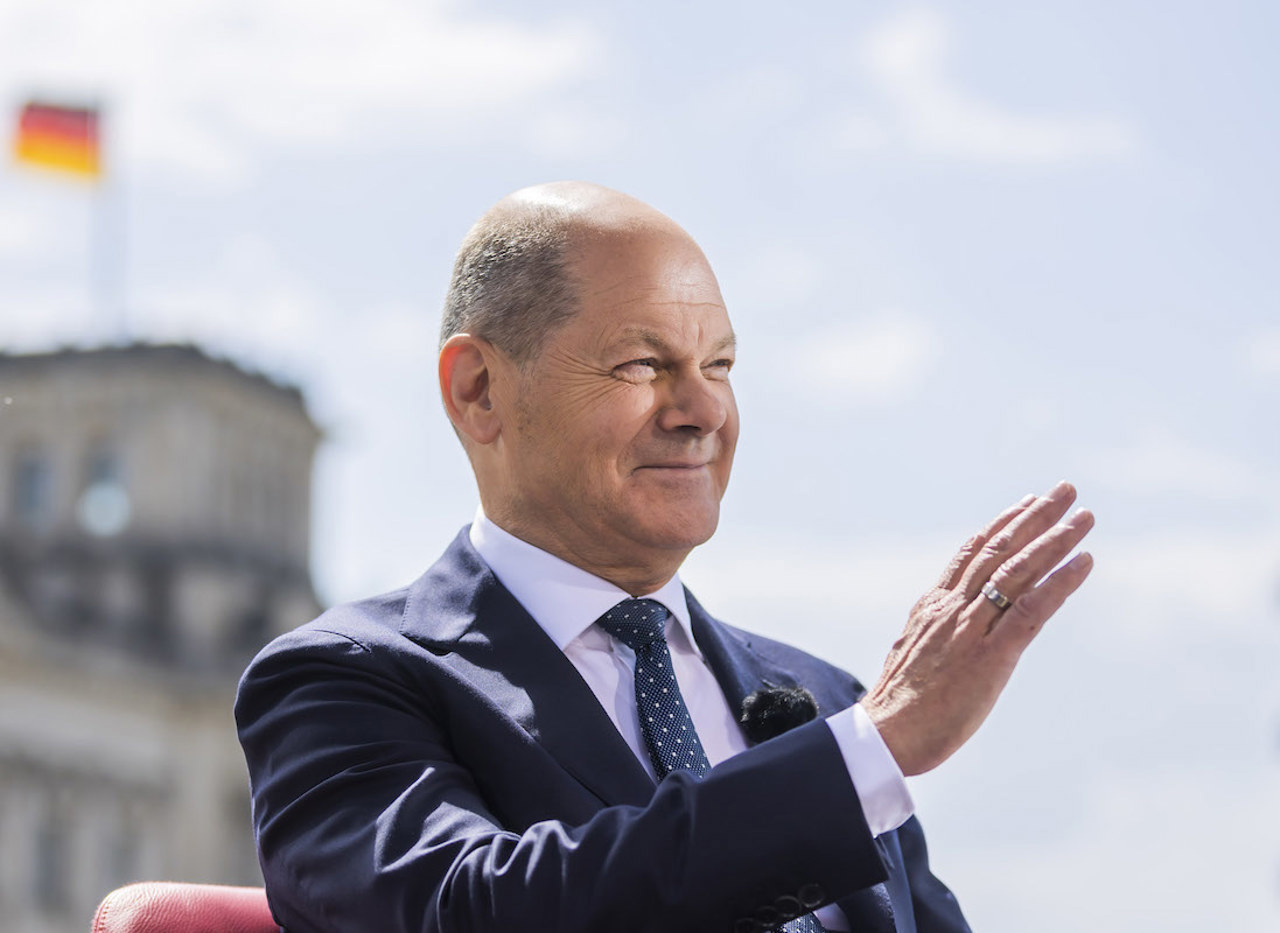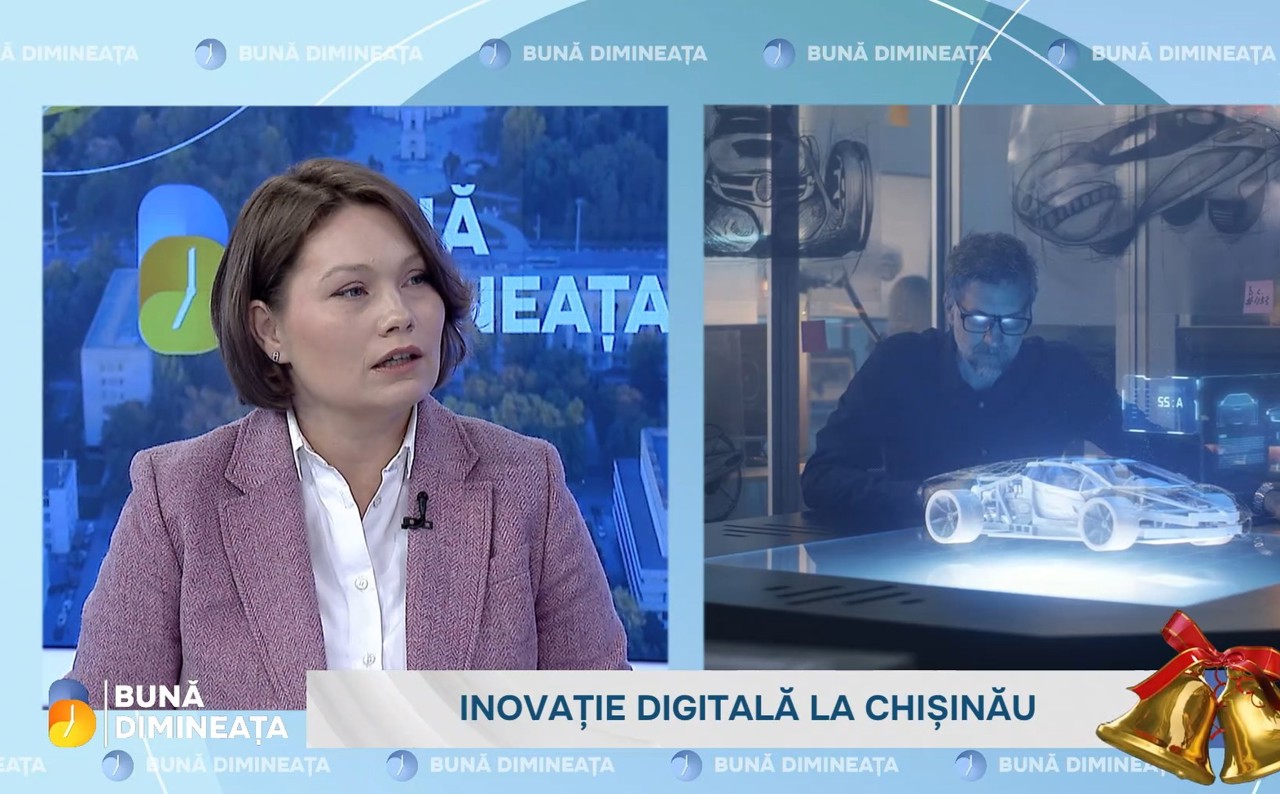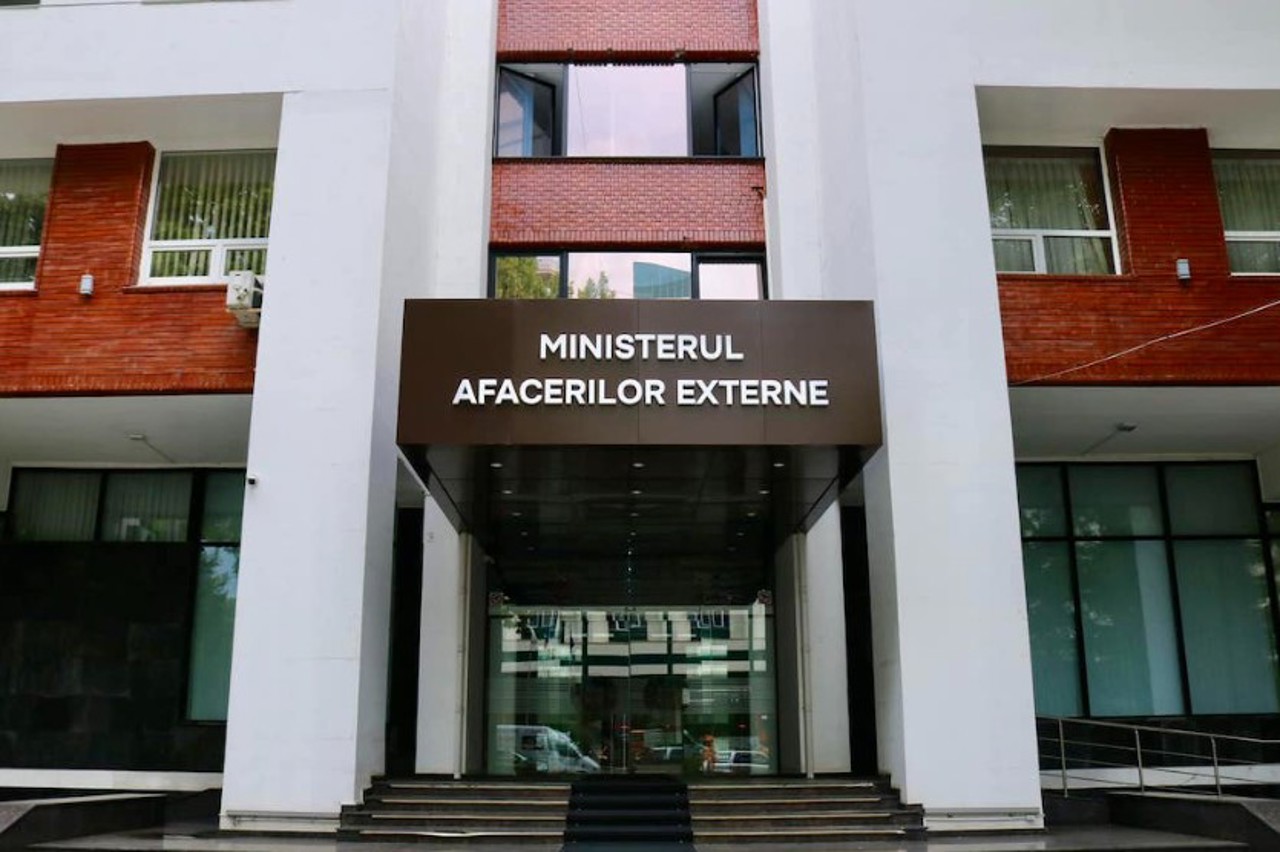Germany’s aid reduction: Scholz’s Chișinău visit and NATO impact
German Chancellor Olaf Scholz will arrive today in Chișinău, invited by President Maia Sandu, in a symbolic demonstration of solidarity from the most powerful EU member state towards the Republic of Moldova.

The country is preparing to hold a crucial presidential vote this autumn and a referendum to decide whether it should continue its EU accession process.
This development comes as Germany has announced a reduction in its aid to Ukraine, cutting from 8 billion euros in 2024 to 4 billion euros in 2025 and 3 billion euros in 2026. Nevertheless, Germany supports the idea of Ukraine (and the Republic of Moldova) joining the EU, despite both currently having parts of their territory occupied by Russia.
The reduction in aid does not imply that Germany is losing interest in the region. On the contrary, Berlin will deploy an entire brigade of 5,000 soldiers to Lithuania, where they will remain until 2027.
Germany maintains that it is not withdrawing its support for Ukraine. According to Deputy Government Spokesman Wolfgang Büchner, Ukraine can count on Berlin's backing next year as well, despite a tighter German budget.
In a letter to the German Ministry of Defense dated August 5, Finance Minister Christian Lindner stated that future funding for Ukraine will no longer come from Germany’s federal budget but from revenues generated by frozen Russian assets.
Berlin, the primary supplier of military aid to Kyiv in Europe, had already signalled a shift in its approach to Ukraine last month. The governing coalition of social democrats, greens, and liberals adopted a preliminary agreement on a draft budget for 2025, detailing plans to halve future assistance to Ukraine, reducing it to 4 billion euros to address other spending priorities.
Speaking after the Cabinet approved the budget draft in mid-July, Lindner noted that Ukraine will need to rely more on funds from "European sources" as well as on frozen Russian assets. However, it remains unclear when and if that money will begin arriving.
Germany and other G7 countries reached a preliminary agreement in June to use approximately 300 billion dollars worth of frozen Russian sovereign assets in Western financial institutions to secure a 50 billion dollar loan for Ukraine. However, governments have yet to finalise the details of this scheme, and technical discussions could take months.
Disputes over aid to Ukraine have deepened rifts within the Berlin coalition government, which has already been strained by weeks of internal conflict over various issues, from the budget to welfare. Green leader and Economy Minister Robert Habeck stated this week that he intends to run for chancellor as the Green candidate in the 2025 federal elections, casting doubt on the survival of the governing alliance.
The impact has also been felt in the US. Following months of criticism over their plan to reduce aid to Ukraine, supporters of Donald Trump are now questioning why Berlin is adopting a similar approach.
"Are the Germans isolationists?" joked Elbridge Colby, who had been invited to join the Trump administration as a senior national security official.
Consider the German reluctance to deliver Leopard tanks or long-range missiles. It is one of the paradoxes of this German coalition government that environmentalists, such as Foreign Minister Annalena Baerbock, are notably more assertive and tough on Putin’s Russia than Chancellor Scholz and the social democrats.
Meanwhile, Czech President Petr Pavel stated: "Ukraine can join NATO even if Putin occupies part of its territory." The former NATO general cited West Germany as a historical comparison. In Chișinău, Olaf Scholz may reflect on this comparison and precedent.
AUTHOR: Dan Alexe
Translation by Iurie Tataru




